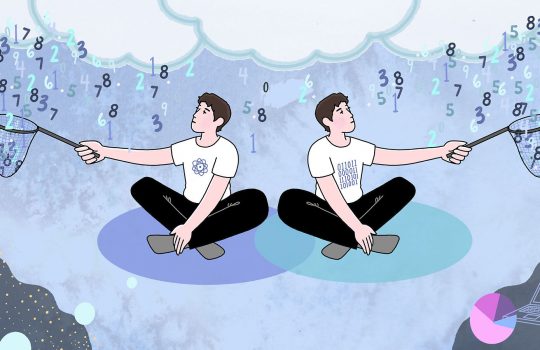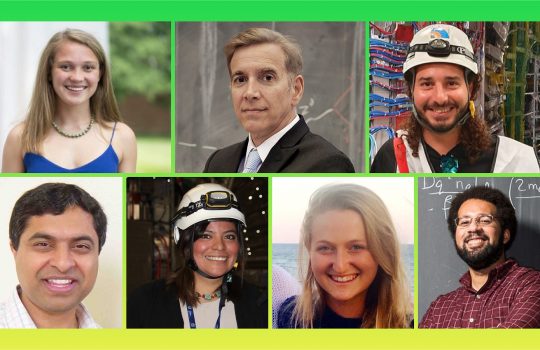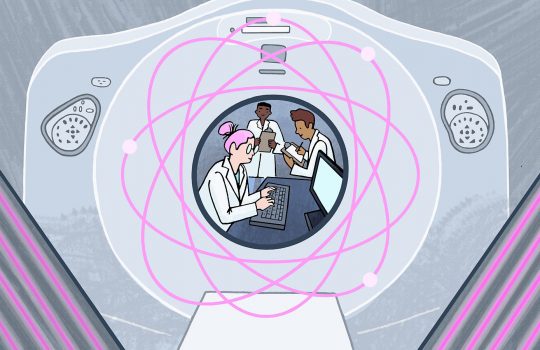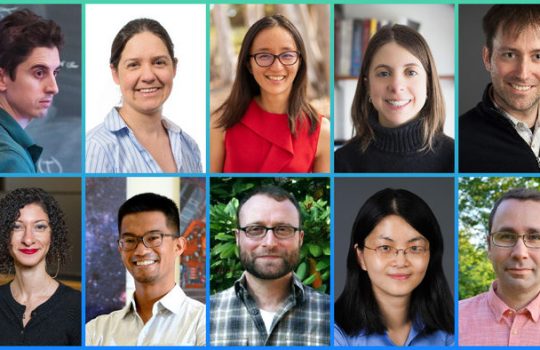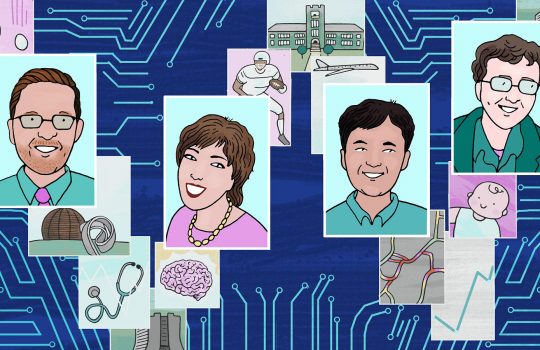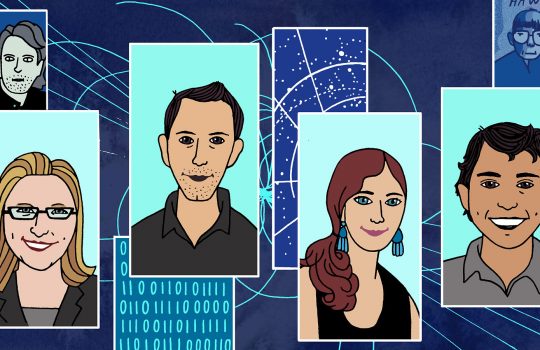The data wranglers
A degree in particle physics or astrophysics can lead to a career in data science. Physicists know how to take enormous amounts of raw data and use it to address a question—often approaching it from multiple angles before finding the answer.

